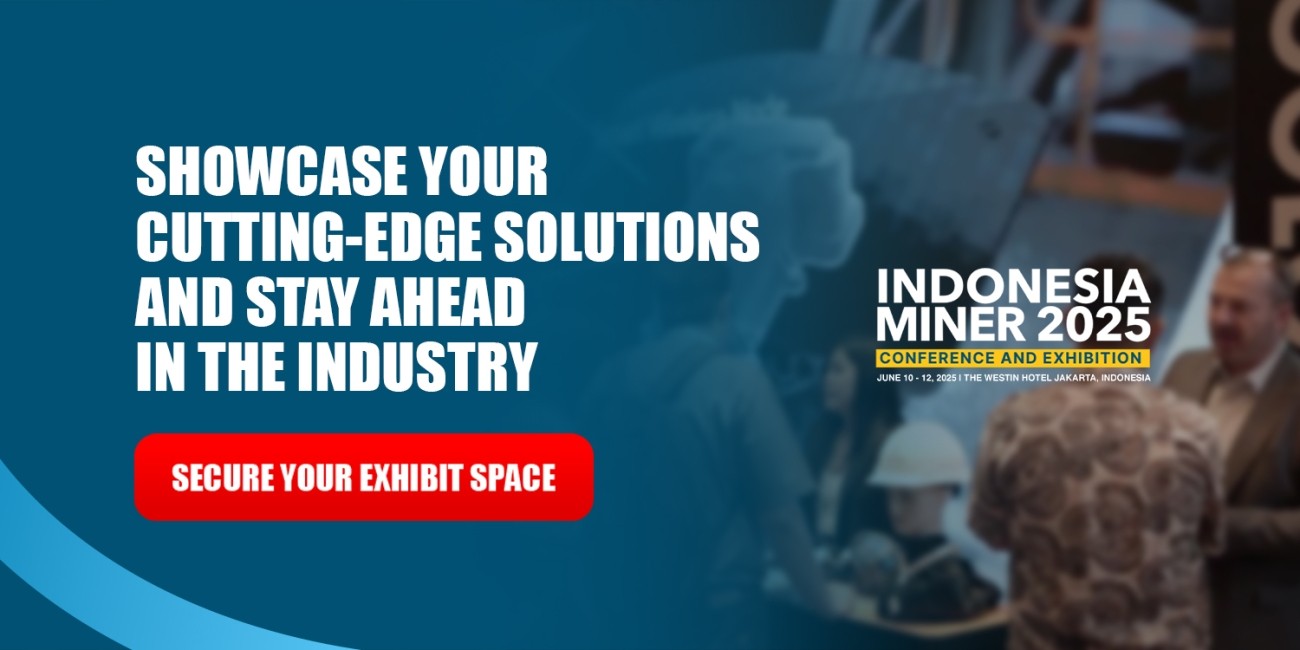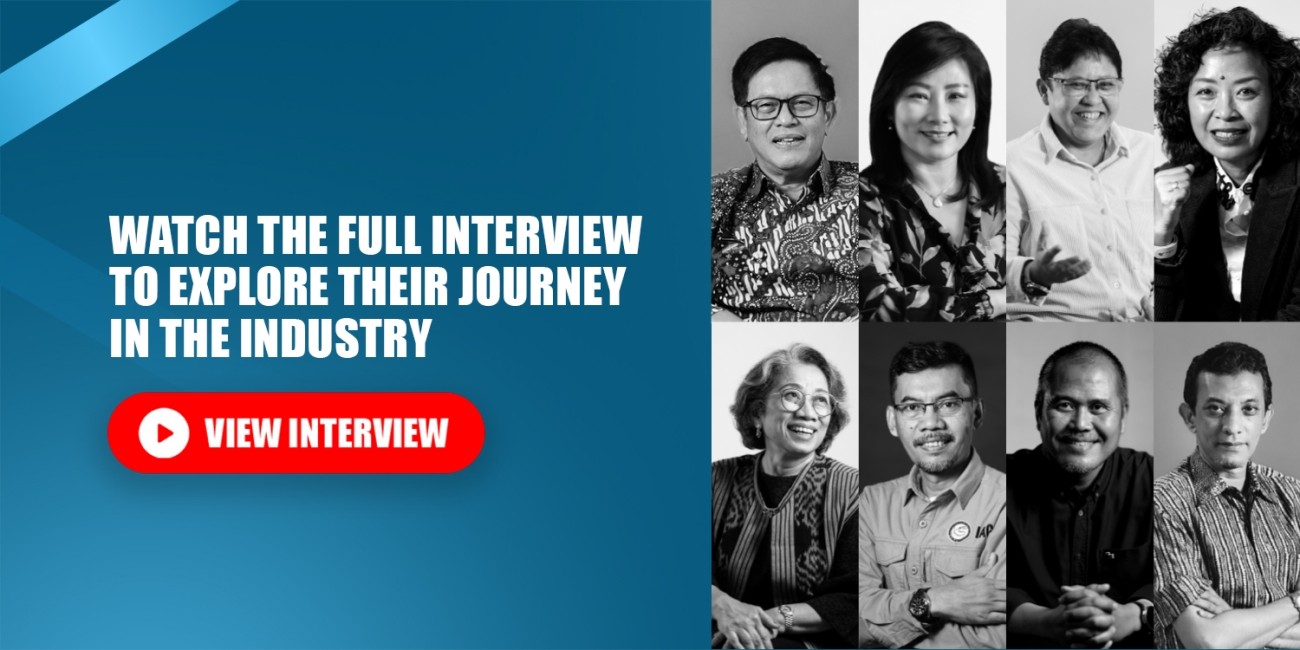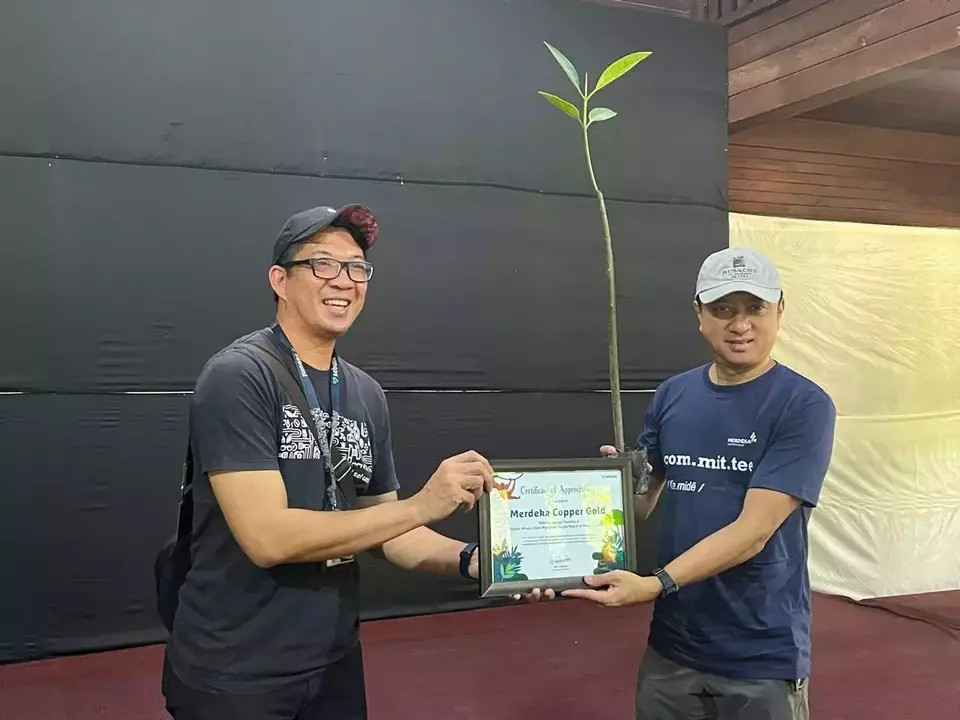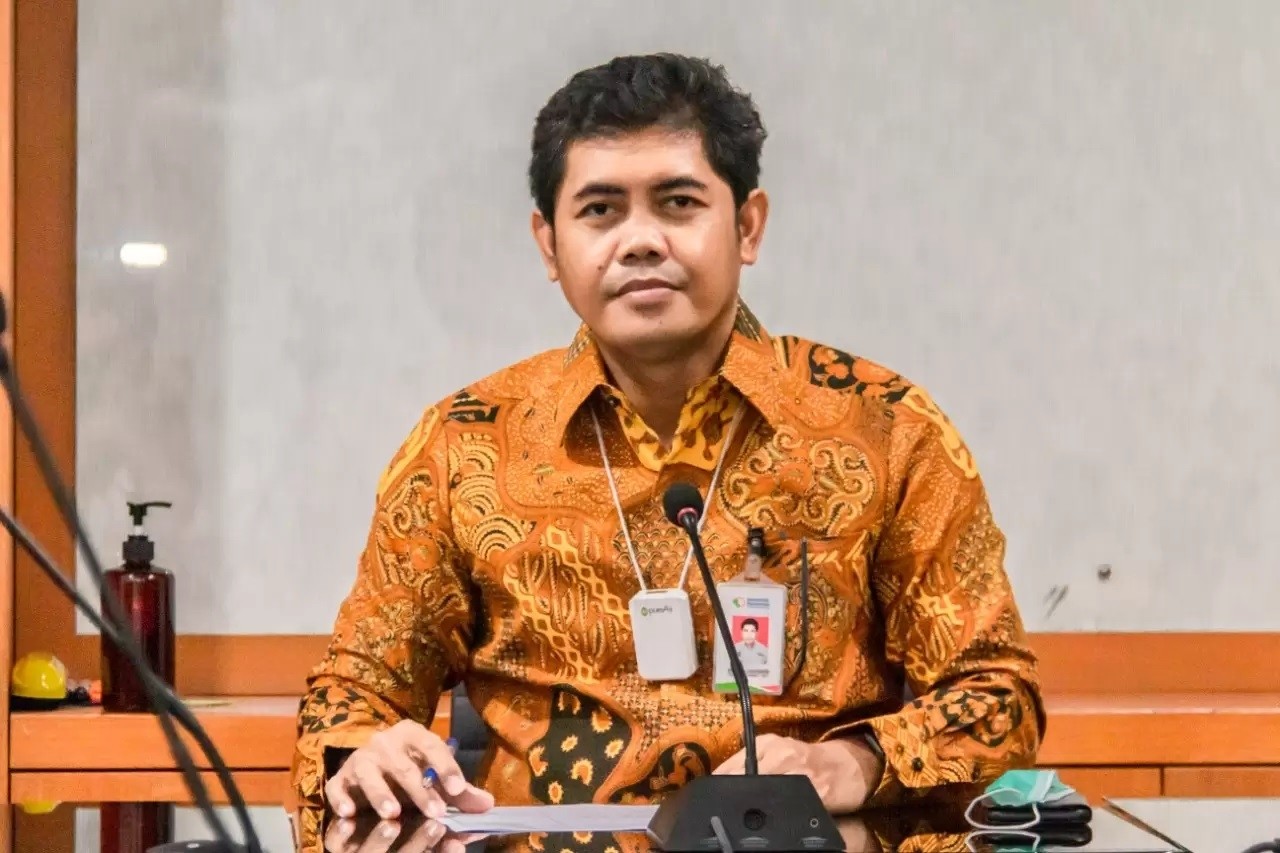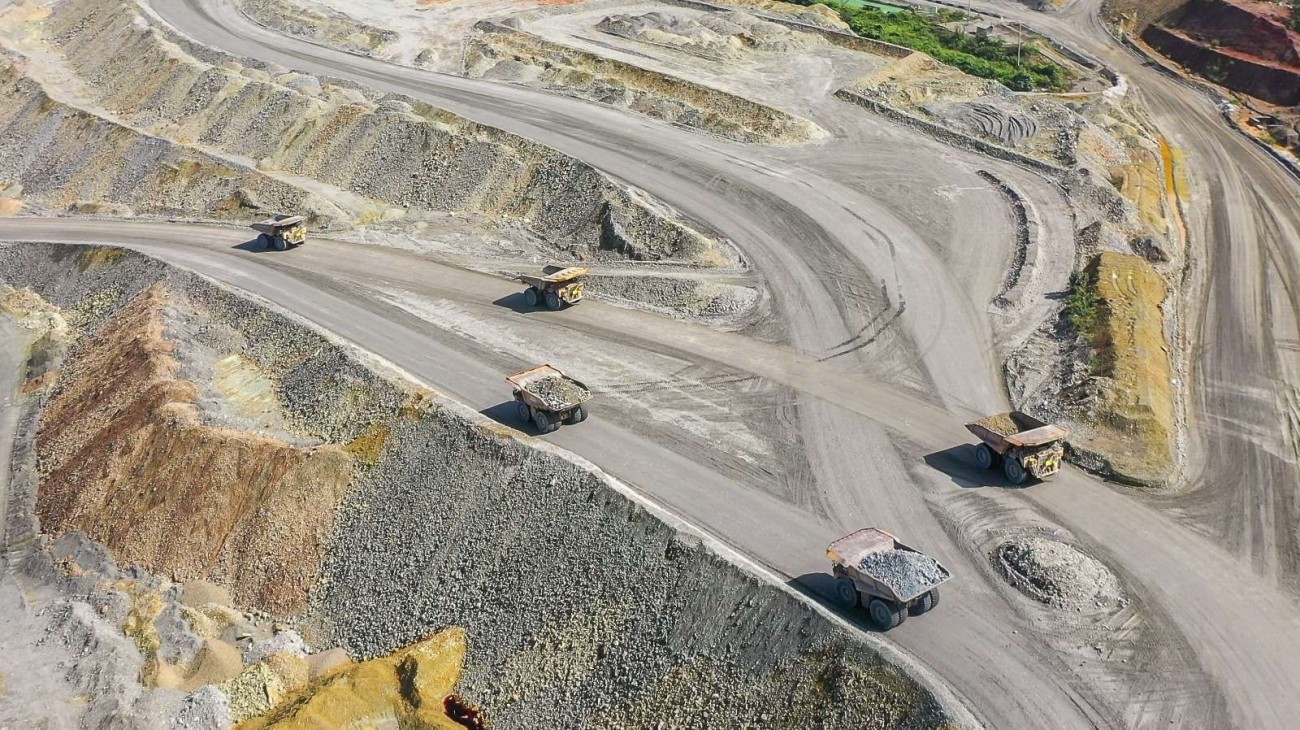Indonesia has successfully produced nickel sulfate and cobalt sulfate, the raw materials for electric vehicle (EV) batteries. This success cannot be separated from the achievements of PT Trimegah Bangun Persada Tbk (Harita Nickel), a sustainable integrated nickel mining and processing company on Obi Island, South Halmahera district, North Maluku.
Harita Nickel successfully applied high pressure acid leaching (HPAL) technology for the first time in Indonesia to produce raw materials for electric car batteries.
Demand for nickel sulfate as a raw material for electric car battery cathode precursors is currently increasing. The reason is, the automotive industry began to shift to the trend of electric cars that are considered more environmentally friendly and support renewable energy.
HPAL technology to produce nickel sulfate and cobalt sulfate has been used in Indonesia since 2023. Through this technology, Indonesia is able to increase the added value of low-grade nickel ore, namely limonite, which initially could not be utilized (overburden) can now be processed into nickel derivative products with economic value.
HPAL technology itself has been used in many countries, such as China, the Philippines and Cuba. However, some have failed to implement this complex hydrometallurgical technology.

Nikel sulfat. (Istimewa)
While in Indonesia, several nickel ore processing and refining plants have tried to apply HPAL technology since several years ago but have not been successful until now. Harita Nickel became a nickel processing company that successfully implemented HPAL for the first time in Indonesia.
Harita Nickel's success in applying HPAL technology through its nickel processing plant, PT Halmahera Persada Lygend (HPL), as part of Harita Nickel, in 2021. At that time, only in the form of mixed hydroxide precipitate (MHP).
Harita Nickel's HPAL plant also produces MHP derivatives for electric car battery raw materials since 2023, namely nickel sulfate and cobalt sulfate. Nickel sulfate will be a precursor material for lithium battery cathodes, while cobalt sulfate is a lithium battery cathode material.
Deputy Department Head of Nickel Sulphate and Acid Plant Harita Nickel, Roy Martua Sigiro, revealed that the application of HPAL technology provides great benefits because it is able to convert low-grade nickel (limonite) into more valuable.
“HPAL or High Pressure Acid Leaching technology is a low-grade nickel purification technology or what we often refer to as limonite which has never been processed. So far, it has only been dumped into overburden and only high grade nickel or saprolite has been processed,” Roy explained.
“With the presence of this HPAL technology, we can process limonite into MHP or mixed hydroxide precipitate, nickel sulfate, and cobalt sulfate,” he added.
In short, the production process begins with the preparation stage, namely melting low-grade nickel ore that was previously in the form of soil. The material is then put into the high pressure acid leaching stage using sulfuric acid and steam (high temperature steam).
Roy explained, at this stage, the product enters a tube called an autoclave. After that, the nickel enters the neutralization stage and a number of other processes with the aim of removing unnecessary materials.
“And after going through the MHP process, we will go through a process called solvent extraction to produce nickel sulfate and cobalt sulfate. Then we will process the nickel sulfate and cobalt sulfate solution again using a crystallization process to get nickel sulfate and cobalt sulfate crystals as we have seen,” he explained.
The resulting nickel sulfate and cobalt sulfate crystals will be sold by size. But there are still a number of steps before nickel sulfate is transformed into an electric battery.
 Aktivitas di pabrik HPAL milik PT Trimegah Bangun Persada Tbk (Harita Nickel). (Istimewa)
Aktivitas di pabrik HPAL milik PT Trimegah Bangun Persada Tbk (Harita Nickel). (Istimewa)
“After the cobalt sulfate and nickel sulfate will go to the battery precursor, after that the battery cathode. So if I can say the products produced by Harita Nickel are halfway to achieving electric batteries,” Roy explained.
While Head of Technical Support Harita Nickel Rico Windy Albert said, nickel ore first passes through a coarse and fine screening stage to separate large materials such as rocks and wood, as well as other foreign objects. The filtered ore is then cleaned with water. Or the process in brief, explained by Nico, starts from the Ore Preparation stage, Grinding Station, Heating and Leasing, precipitation, acidity adjustment, MHP formation, and MHP processing.
“The MHP processing is then further processed, including in the press, to produce final products such as nickel sulfate and cobalt sulfate that are ready for market. Each stage in the process is highly coordinated, resulting in a quality end product,” he explains.
Production Size
Head of Mining Engineering of PT Trimegah Bangun Persada Tbk (Harita Nickel) Primus Priyanto said, in 2024, it is planned that around 27 million combined high grade (saprolite) and low grade (limonite) nickel ore will be supplied or sent to all refining processing plants that have been operating at the Obi Site.
“The total ore inventory reaches about 3.9 million tons for saprolite ore and about 15 million tons for limonite ore. The ore inventory comes from all stockpiles at Harita Nickel. The amount of inventory is able to ensure the availability of ore supply for all mills for the next 5 or 6 months,” Primus explained.
Limonite nickel ore will be supplied to the HPAL Plant which has a capacity of 8.3 million tons to be processed into MHP and its derivatives.
“The consumption capacity of limonite nickel ore is around 8.3 million. And the output in the form of MHP or mixed hydroxide precipitate is around 365 thousand tons of MHP. Where the nickel content is around 45% and the cobalt content is around 5%,” he explained.
Meanwhile, saprolite nickel ore is sent to two smelters using the rotary kiln-electric furnace (RKEF) method to become ferronickel. The total capacity of the two RKEF smelters, namely the PT Megah Surya Pertiwi (MSP) Factory, PT Halmahera Jaya Feronikel (HJF) Factory, reaches 11 million tons per year.
Nickel is a material that can be relied upon for various needs, ranging from the use of spoon-fork materials, surgical instruments in hospitals, car wheels, and of course for electric vehicle battery materials.
Nickel-based batteries have the advantage of being able to store greater electrical energy and last longer. In addition, nickel-based batteries have high resistance to climate differences.
 Aktivitas di pabrik HPAL milik PT Trimegah Bangun Persada Tbk (Harita Nickel). (Istimewa)
Aktivitas di pabrik HPAL milik PT Trimegah Bangun Persada Tbk (Harita Nickel). (Istimewa)
This makes cars that use nickel-based batteries suitable for users who often travel long distances or are in areas with extreme temperatures. This advantage makes nickel sulfate material continue to be targeted as a raw material for electric vehicle batteries.
In 2019, nickel researchers from Wood Mazkenzie, a global provider of data and analysis for energy transition, said consumption of nickel as nickel sulfate increased by 28 percent or 162 kilotons. The largest consumption came from China. By 2025, global nickel consumption for electric vehicle batteries is expected to rise to 265 kilotons.
The large demand for this industry makes nickel sulfate production increasingly carried out globally, including Indonesia, which is known to have the largest nickel reserves in the world.
Wood Mazkenzie revealed that nickel production is now still dominated by Asian countries, such as China, Japan, South Korea and Taiwan. While Indonesia, which also supplies nickel products, the amount of production continues to skyrocket every year.
The success of Harita Nickel in producing raw materials for electric car batteries with HPAL technology makes Indonesia already halfway to producing electric car batteries independently. It is not even impossible that Indonesia can produce its own electric car.
Image source: Harita Nickel



